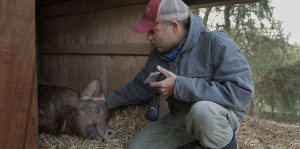
For too many years, documentaries have portrayed the natural world in terms of predator versus prey relationships. If you believe nature documentaries, life is a meaningless struggle for survival.
But if you look more closely at the essence of nature, you won’t see just competition. You’ll see cooperation and cooperation. It’s time to shift our documentary focus from survival of the fittest to a vision of interconnection and shared ecology.
The Biggest Little Farm, a documentary by John Chester (reviewed by Alan Ng for Film Threat), beautifully illustrates this point.
Over an entire decade of filming and work, John and Molly Chester move from the big city and build a farm that exists in harmony with the environment. They face many challenges as they fight to create a sustainable and profitable farm, coping with birds, coyotes, and insects with traditional farming methods—rather than poisons and pesticides.
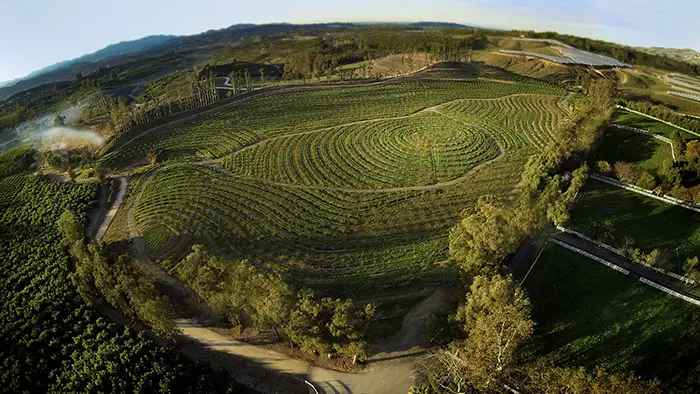
“…shift our documentary focus from survival of the fittest to a vision of interconnection and shared ecology.”
When John and Molly reach their farm for the first time, we see a post-apocalyptic landscape with dry soil, little wildlife, and thousands of dead honeybees—all of it ruined by industrial farming and drought.
They hire the great Alan York, a visionary leader who believed in biodynamic viticulture. “The objective is to emulate how natural ecosystems work. They regulate themselves through diversity, so you don’t get epidemics of pests and disease,” he tells the skeptical new farmers.
I’ve been shooting time-lapse macro-cinematography of nature continuously for more than four decades. Mother Nature taught me how to live a creative and sustainable life. I appreciated how The Biggest Little Farm used macro-cinematography to show the delicate dance of nature.
For instance, when honey bees return to the farm, we see that pollination is the foundation of all life, a transformative interaction between the animal and plant worlds that happens billions and billions of times each day.
Without pollination, our farms (and our ecosystems) will wither and die.
The aspiring farmers follow York’s advice and nurture the farm’s ecosystem back to health. Over a magical hour-and-a-half, we see how dry soil transforms into rich farmland, majestic hawks return to hunt, and honeybees return after dying off on the farm.
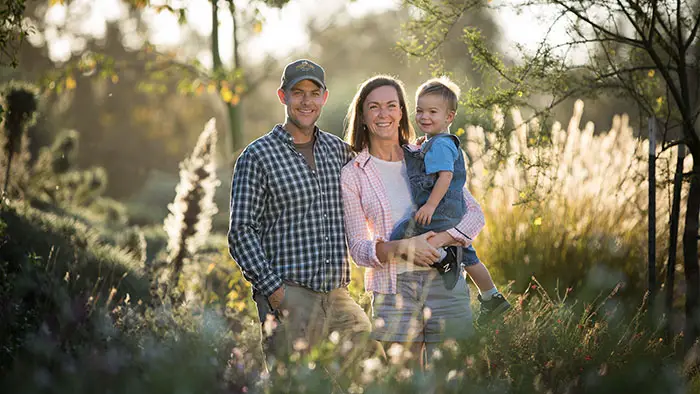
“…shared humanity and interconnection, our only hope to heal the deep roots of divide in our country.”
The Biggest Little Farm turns the average nature documentary upside down, showing how everything from coyote predators to butterflies works together in a delicate dance. If we can figure out ways to restore our broken ecosystems, we can restore harmony to our whole world, not just a farm.
“We’re entering a phase of regeneration beyond just farming,” John Chester says in the film, pointing to a better way of living that all of us can follow.
“Intermixed among our animals, the delicate wildlife is returning to our land. The farm is becoming a habitat for them too. The trick will be to balance the needs of the farm with those of the wildlife,” he explains.
As we face unprecedented challenges this year, John Chester and the next generation of creators are pushing for a change in consciousness. These artists show us how to seek shared humanity and interconnection, our only hope to heal the deep roots of divide in our country.
Louie Schwartzberg is an award-winning producer, director, and cinematographer, most recently of the critically acclaimed documentary, Fantastic Fungi. He’s also the creator of Moving Art, an award-winning documentary series that has reached hundreds of millions of viewers on Netflix. Wings of Life and American’s Heart and Soul, now available on Disney+. His work breaks barriers, connects with audiences, and tells stories that celebrate life and reveal the mysteries and wisdom of nature, people, and places.
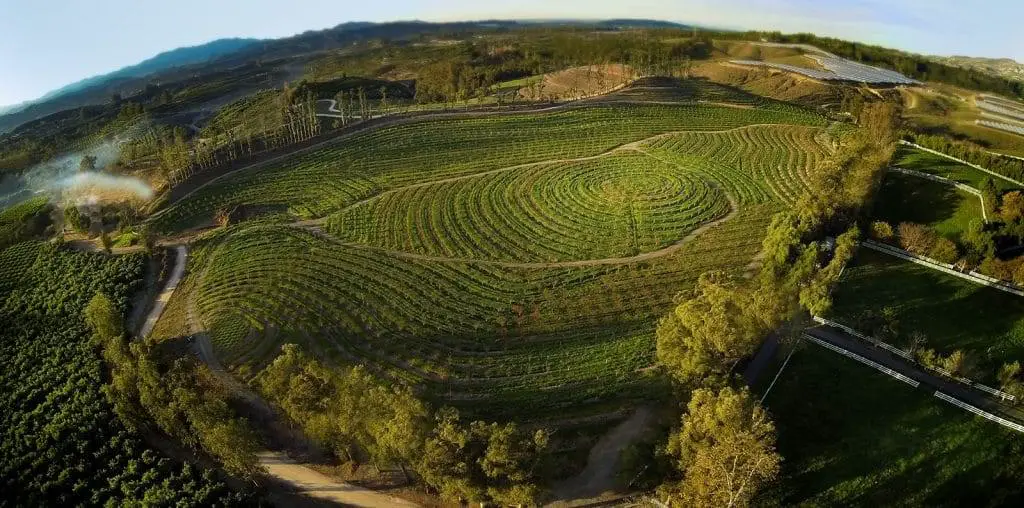
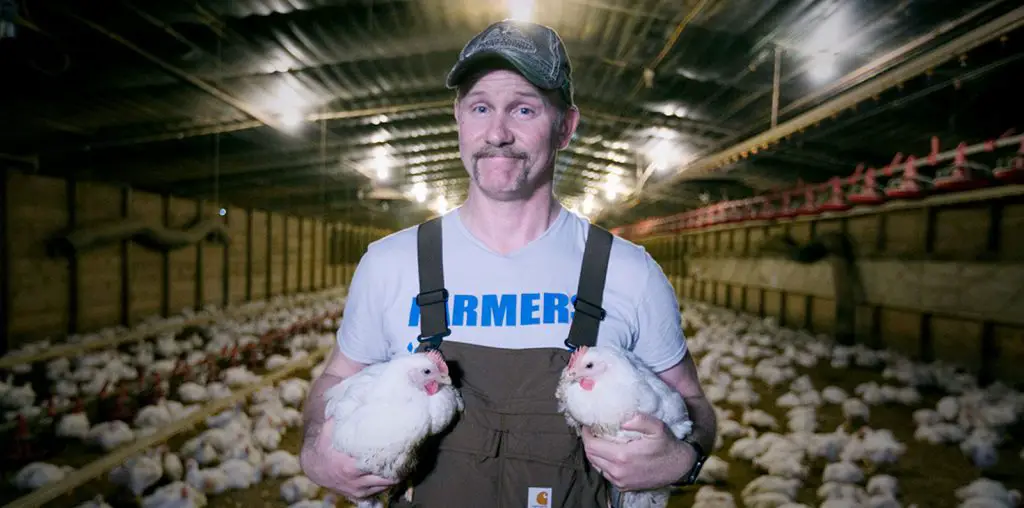
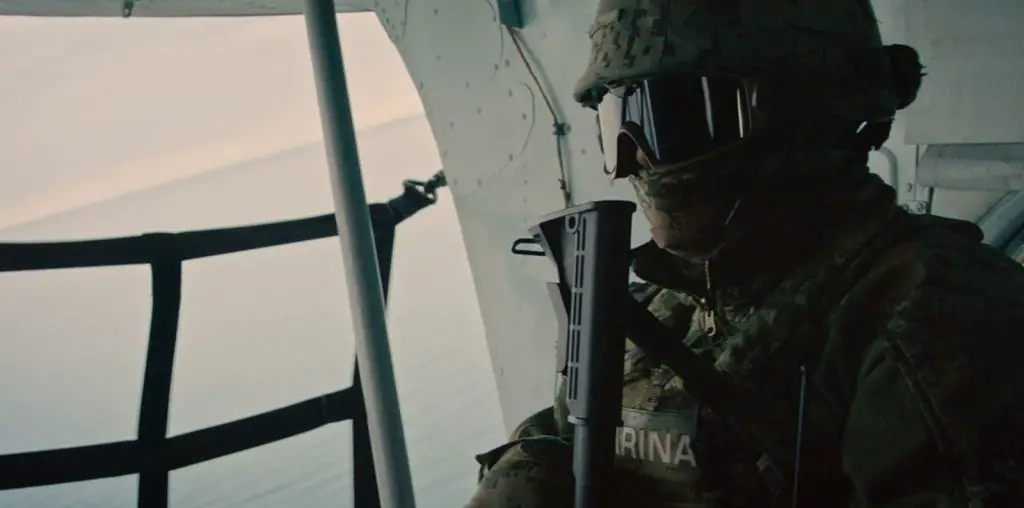
I have taught for years how to tend soil to improve the earth. Someone could do a documentary on Joel Salatin and polyface farm “the sheer ecstasy of being a lunatic farmer’ . Symphony of the soil is good too.. and deconstructing supper.